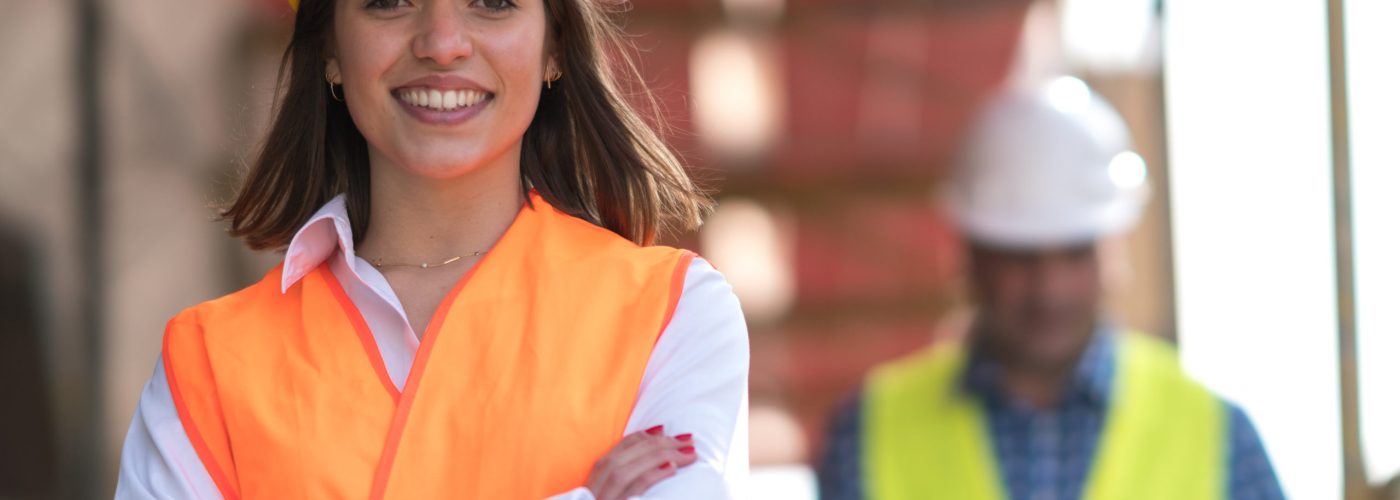Women are significantly underrepresented in the construction industry and attracting more female talent and achieving an accurate representation of women in all roles in the sector will have a greater positive impact.
Identifying and attracting the best talent is always a challenge of recruitment. At CPI, vital modifications to their recruitment practices and channels have been carried out to ensure a wide demographic talent pool is reached. The number of female colleagues at CPI increased by five in 2021, which is an early positive indication of change in demographic.
CPI are enthusiastic about opening up new career paths that women may not have thought of as viable options for themselves. They are delighted to have recruited their first female driver colleague and are proud to have supported an existing female colleague at Harlow through their driver academy to attain her HGV licence and take her place behind the wheel as part of the driver team.
CPI have identified barriers in their own work environment that might prevent women joining the business. Welfare, changing and shower facilities have been upgraded to ensure that they are suitable for both male and female colleagues. CPI recognise that their colleague facilities need to be suitable for the demographic needed in the business and not simply the demographic that currently exists.
The CPI range of Personal Protective Equipment (PPE) clothing was initially based on a male design and sizing; however, the range of PPE has now been extended to ensure that it includes both male and female sizing and options for all relevant PPE requirements.
Gender diversity within the construction industry is astonishingly low. According to The Guardian, women make up just 11% of the entire construction workforce. The construction industry is male-dominated, and as a result, professions associated with construction are less promoted to women, leading to extremely low levels of female employees entering the sector. Moreover, women that do wish to work in construction, are sometimes met with barriers to progression resulting in them abandoning construction as a career entirely and the loss of talent from the industry.
CPI recognises that a diverse workforce leads to higher employee engagement, better decision making, and higher levels of productivity. A diverse workforce brings a range of fresh perspectives, leading to increased creativity and innovation. Perhaps most importantly, when people feel that they are welcome, accepted and valued team members, they do their best work, resulting in high levels of personal and professional fulfilment, which is why CPI believe in creating a more inclusive workplace.
CPI is proud to champion its female colleagues, and the team is continually challenging their work practices to ensure an inclusive workplace is provided for all to support the ambitions in achieving an increasingly diverse and representative workforce.





